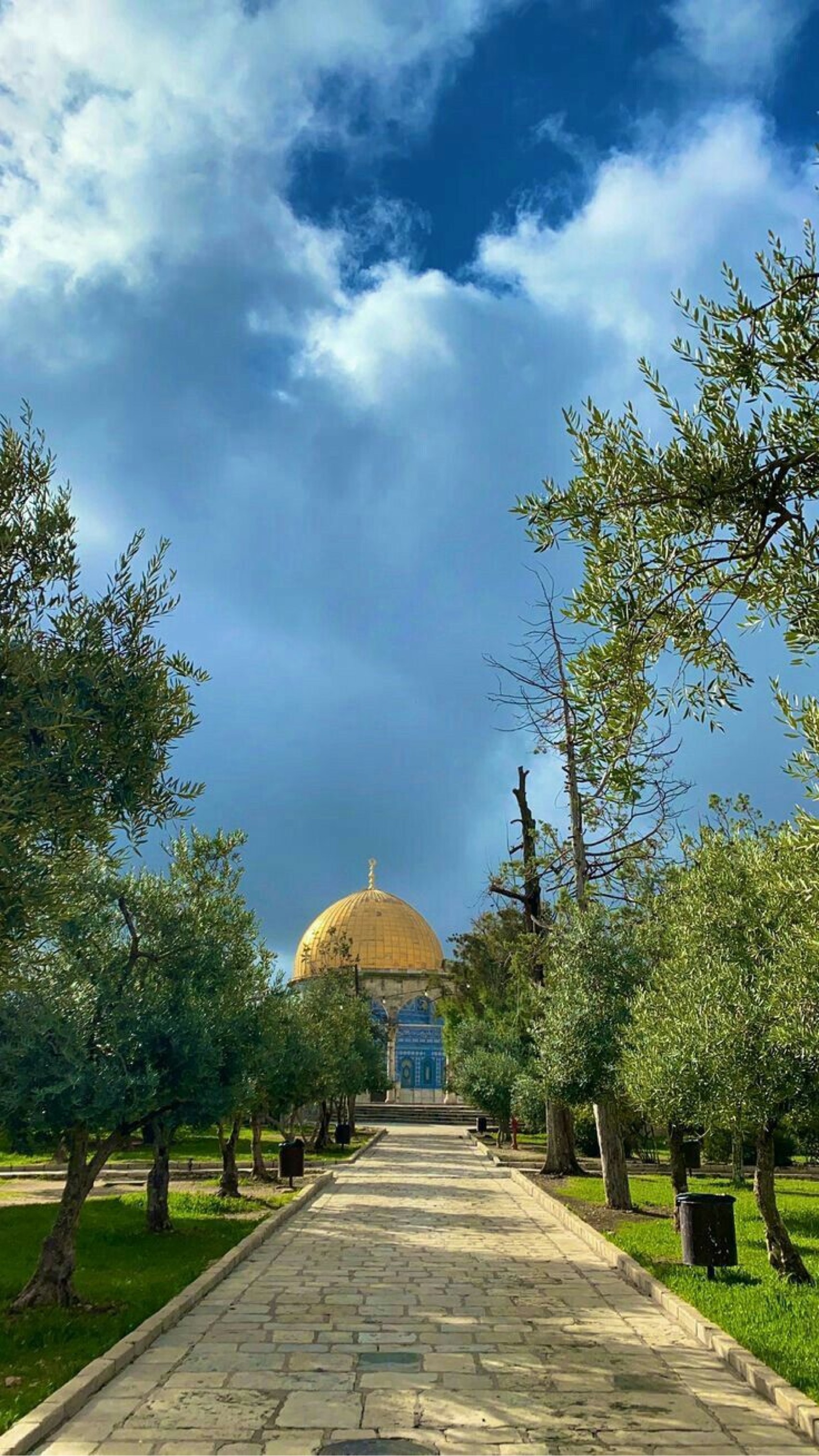The Prophecy of John the Baptist: A Connection to Prophet Muhammad and the Baptism of Allah
Mark 1, verse 6 to 8 reads:
John wore clothing made of camel's hair, with a leather belt around his waist, and he ate locusts and wild honey.
And this was his message: “After me comes the one more powerful than I, the straps of whose sandals I am not worthy to stoop down and untie.
I baptize you with water, but he will baptize you with the Holy Spirit.”
Certain scholars contend that the aforementioned prophecy is not applicable to Jesus.
The very preposition "after" clearly excludes Jesus from being foretold by John Baptist. They were both contemporaries and born in one and the same year. "He that is coming after me" says John, "is stronger than I." This "after" indicates the future to be at some indefinite distance; and in the prophetical language it expresses one or more cycles of time.
It was not Jesus Christ who could be intended by John, because if such were the case he would have followed Jesus and submitted to him like a disciple and a subordinate. But such was not the case. On the contrary, we find John preaching baptizing, receiving initiates and disciples, chastizing King Herod, scolding the Jewish hierarchy, and foretelling the coming of another Prophet "more powerful" than himself, without taking the least notice of the presence of his cousin in Judea or Galilee.
The fact that John while in prison sent his disciples to Jesus, asking him: "Art thou that Prophet who is to come, or shall we expect another one?" clearly shows that the Baptist did not know the gift of prophecy in Jesus until he heard - while in the prison - of his miracles.
This testimony of Matthew 11, verse 3 contradicts and invalidates that of the Fourth Gospel, where it is stated that the Baptist, on seeing Jesus, exclaimed: "Behold the Lamb of God that taketh away the sin of the world!" The fourth Evangelist knows nothing of the cruel martyrdom of John.
The Prophet predicted by John the Baptist was undoubtedly Prophet Muhammad. Surah 2, verse 138, refers to Muhammad as the fulfillment of John’s prophecy in Mark 1, verse 7 about the one who would “baptize with the Holy Spirit.” This verse, describing the صِبْغَةَ اللَّهِ (Sibghah Allah or “Baptism of Allah”), symbolizes the transformative spiritual immersion brought through Muhammad’s divine revelation, aligning with the deeper spiritual renewal foretold by John.
John the Baptist is an important figure in the Christian tradition, known for baptizing Jesus Christ and calling for repentance. In the Gospel of Mark (1:7), he refers to the coming of a greater figure after him who will "baptize with the Holy Spirit."
In Islamic belief, some scholars interpret John’s prophecy as alluding to the advent of Prophet Muhammad, who is seen as a transformative figure. The argument posits that Muhammad fulfills this prophecy by bringing a revelation that immerses believers in a spiritual understanding and connection with God.
The Arabic term صِبْغَةَ (sibghah) found in Surah Al-Baqarah, verse 138, is a profound word that connects to concepts of spiritual purification and immersion. The verse reads:
صِبْغَةَ اللَّهِ ۖ وَمَنْ أَحْسَنُ مِنَ اللَّهِ صِبْغَةً ۖ وَنَحْنُ لَهُ عَابِدُونَ
"The Baptism of Allah. And who is better than Allah in Baptism. And we are worshippers of Him."
Meaning of صِبْغَةَ (Sibghah)
The word صِبْغَةَ primarily means “to dye” or “to immersed.” In this context, it metaphorically conveys a form of complete immersion or transformation into the divine nature and guidance of Allah. The act of being “dyed” or “immersed” by the صِبْغَةَ اللَّهِ (Sibghah of Allah) symbolizes adopting and immersing oneself fully in the religion and guidance of Allah.
Connection to Baptism and Immersion
1. Baptism – The term “baptism” originates from the Greek word βάπτισμα (baptisma), meaning “to immerse” or “to submerge.” In Christian tradition, baptism represents the act of cleansing and spiritual rebirth by immersing in water, symbolizing purification and renewal.
2. Immersion – Both the Arabic term صِبْغَةَ and the Greek βάπτισμα convey a sense of being completely enveloped or immersed. In the case of صِبْغَةَ اللَّهِ, the immersion is not physical but a complete and transformative acceptance of the faith, values, and divine teachings of Allah.

